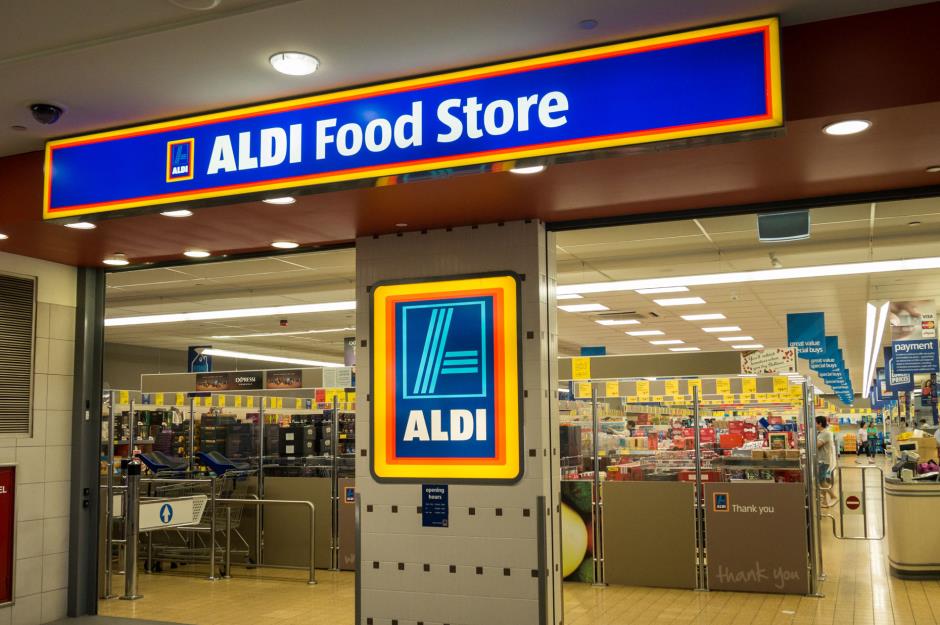The Impact of Climate Change on Supply Chains Intensifies

Why embracing ‘Buy Local’ could be the new corporate mantra for bolstering business resilience amidst climate change.
In response to the extreme weather events caused by climate change, Aldi supermarkets in Germany have implemented a strategic shift in their product sourcing. Locally-grown asparagus and strawberries are now adorning the shelves, a deliberate change that occurred after heatwaves and droughts in Spain affected their previous supply chain. The supermarket giant, founded by the Albrecht brothers in postwar Germany, has recognized the urgency of climate change-related factors and their impact on sourcing decisions across their numerous stores in Europe and the US.
Other regions worldwide have also experienced disruptions in fresh produce supply due to extreme weather conditions. South and Latin America, for instance, have faced difficulties in sourcing coffee and nuts, two popular items at Aldi, resulting in higher prices. Last summer, customers in France were taken aback when Dijon mustard was missing from the stores due to heatwaves in Burgundy, France, and a “heat dome” in Canada, the second-largest mustard seed producer globally, which severely impacted crop yields.
Not only are climate-induced disasters affecting sourcing, but they are also impacting store operations directly. Germany faced extreme flooding that not only destroyed crops but also caused damage to stores. In parts of California, intense heat has forced harvesting for Aldi products to occur at night as daytime conditions are unbearable for workers and machines.
Aldi anticipates that the ongoing impact of climate change will lead to falling crop yields, potentially resulting in migration from the most food-insecure regions globally. Anke Ehlers, managing director of international sustainability at Aldi Sud, which operates over 7,000 stores across 11 countries, said climate change is a “very clear and present danger” emphasizing the importance of building supply chain resilience and being proactive rather than reactive in the face of climate risks.
Aldi is not alone in its efforts, as many companies are reevaluating their supply chain strategies, driven initially by the disruptions caused by the Covid-19 pandemic and the subsequent energy supply crisis after Russia’s invasion of Ukraine. Climate change’s ever-increasing impact has now made it an essential consideration for business resilience.
Besides environmental concerns, regulation is also driving companies towards more sustainable practices. The EU’s new carbon-related taxes, to be implemented over the next few years, will hold companies accountable for their entire carbon footprint. Aldi, for instance, has recognized that the majority of its emissions are generated by its suppliers, and it is actively collaborating with strategic suppliers responsible for three-quarters of its product-related emissions to help reduce their carbon footprint.
Moreover, transitioning to a transport network powered by electricity or sustainable fuels is seen as a significant step in cutting emissions. This shift could mean fewer carbon costs and more localized processing of products, reducing the need for extensive global shipping routes. Many global brands are expected to embrace the “be local, buy local” slogan as they adapt to the reality of climate change and aim to reduce their ecological footprint.
Original Article – The Impact of Climate Change on Supply Chains Intensifies (supplychainonline.co.uk)

